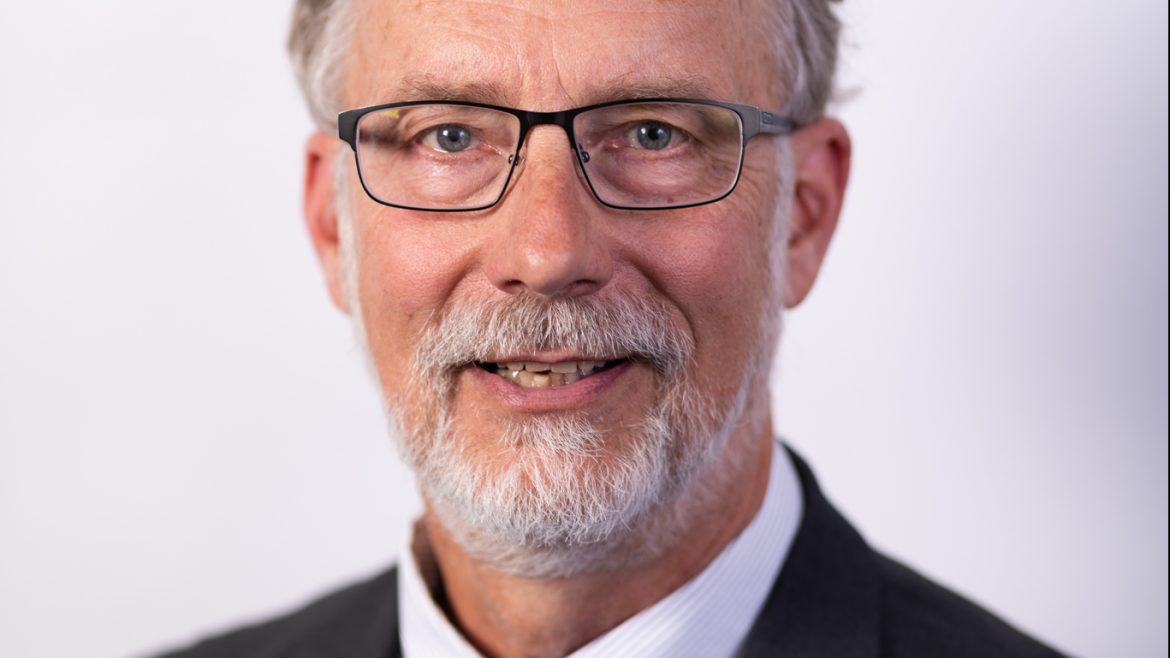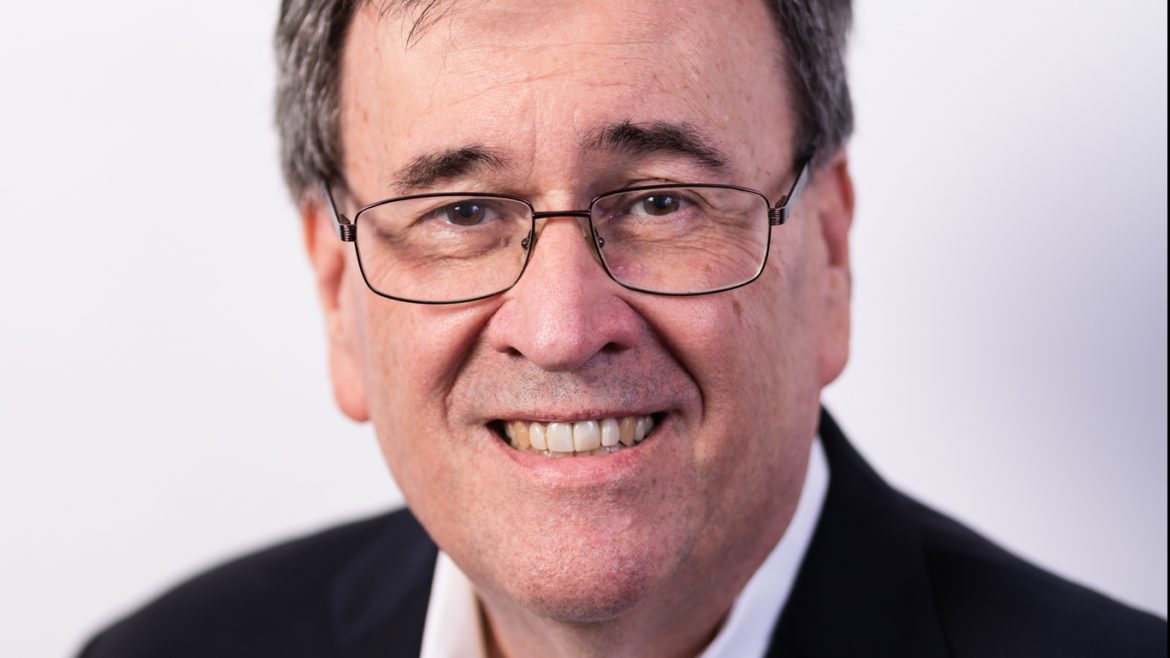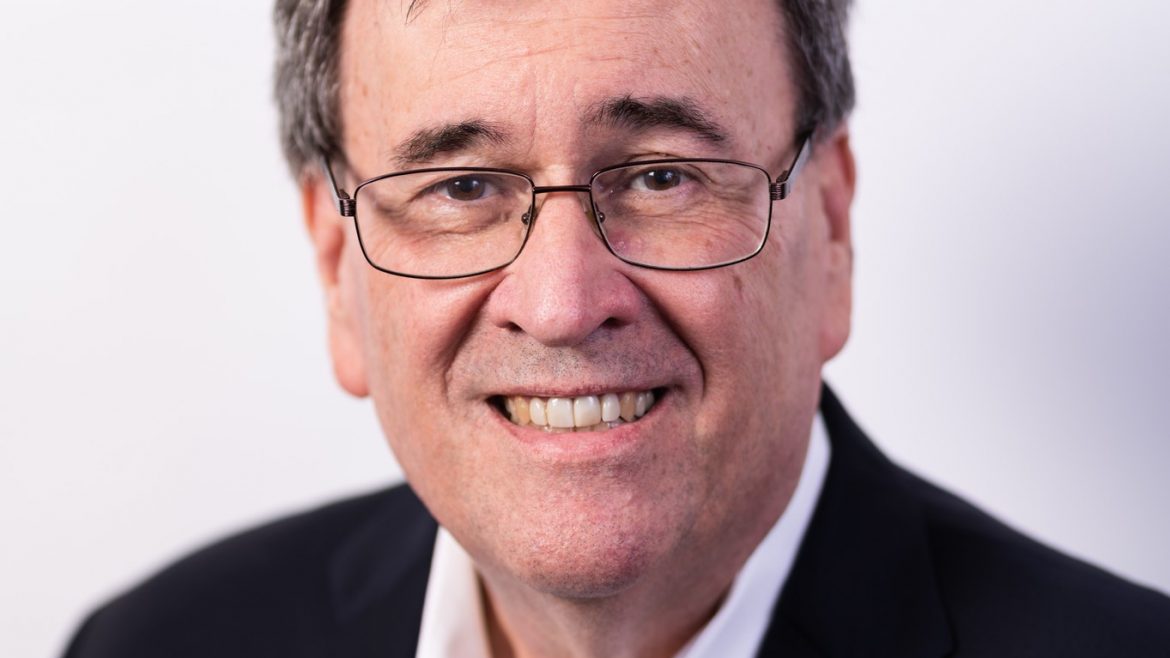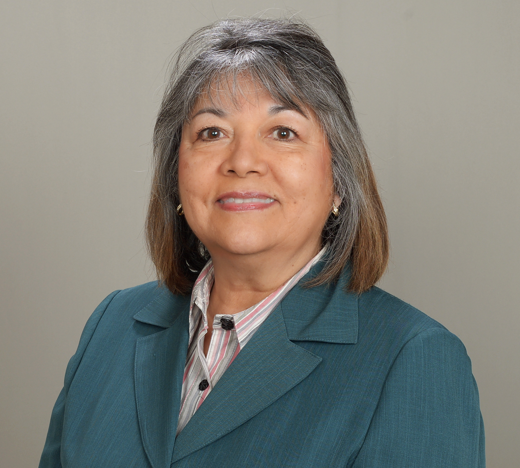Dear Vincentian Friends,
In last week’s Servant Leader Column, Renato Lima de Oliviera, our International President, shared some of his thoughts looking back on his presidency. In another year I may write a similar column, but today I want to look forward, not backward. Like Renato, I have 15 more months left in my term of office, and the process of choosing the next National Council President has begun. Succession planning is important at every level of the Society, and we have a National Council process that will provide a six-month period for me and your next president to work on a smooth transition.
Earlier this year I appointed a National Election Committee. The committee is headed by Raymond Sickinger, and its members include Sister Kieran Kneaves, Gladys Hoerner, Mike Syslo, and Tommye Grant (replacing the recently deceased Marie Wicks). CEO David Barringer and I serve on the committee as ex-officio members. I am grateful for this committee of well-respected Vincentians who have prepared the necessary documents and have the duty of overseeing the entire presidential nomination and election process.
A call for nominations of presidential candidates and the details of the process were issued at the Midyear Meeting and were sent to all National Council members. Nominations were due to be postmarked by June 13. As of this writing, four nominations had been received. The names of nominees, their biographies and their platform papers will be provided in the next few weeks, after the committee examines the nominations to verify eligibility.
At the National Assembly in Baltimore, there will be an opportunity to meet the candidates at the Host City Reception. They will each speak at the Saturday business meeting. To reduce the slate to two candidates, your representatives will be asked to vote for the candidates they believe will best serve our National Council.
Following the Assembly, we will conduct a nationwide process that will allow all active members to review the two candidates’ platforms, biographies, and recorded videos, and then to vote at a Conference meeting. The results of this deliberation by members will then inform the vote of National Council Members from each diocese represented. Please look for more information in the e-Gazette about the candidates and the process.
To help us find the right person to be our next president, what I ask all of us to do is to follow the Society’s long-standing practice of praying to the Holy Spirit regularly as our process proceeds. That is what was done when our first president, Emmanuel Bailly, stepped down. Here is the prayer provided to us by the National Election Committee. To download the PDF of this prayer, click here.
The office of National Council president is not an honorific position but is rather a servant-leader role that is both extremely rewarding and quite challenging. I and every previous National Council president will attest to the fact that we did not fully understand what we were called to do when we took the position. Like the rest of our entire vocation as Vincentians, serving as national president is a journey that requires prayerful trust in the Providence of God. It is a journey I have been on with all of you for almost five years. That journey is not finished, but it is time to ask the Holy Spirit to identify who will continue it with us as the next servant leader of the National Council of the St. Vincent de Paul Society in the United States.
Serviens in spe,
Ralph Middlecamp
National Council President




